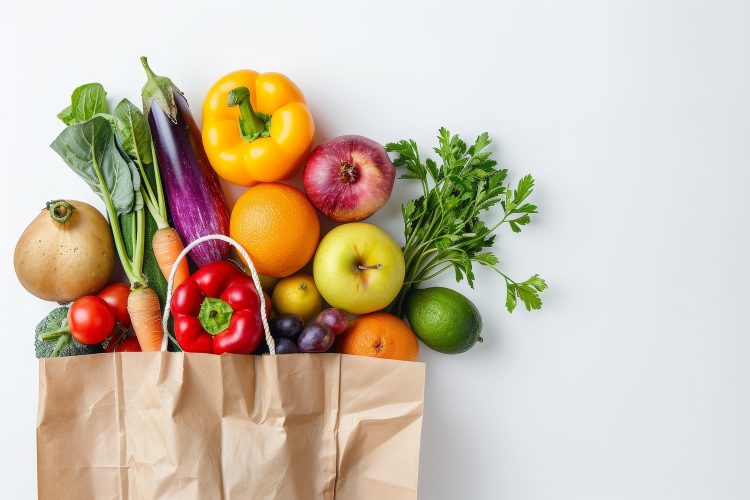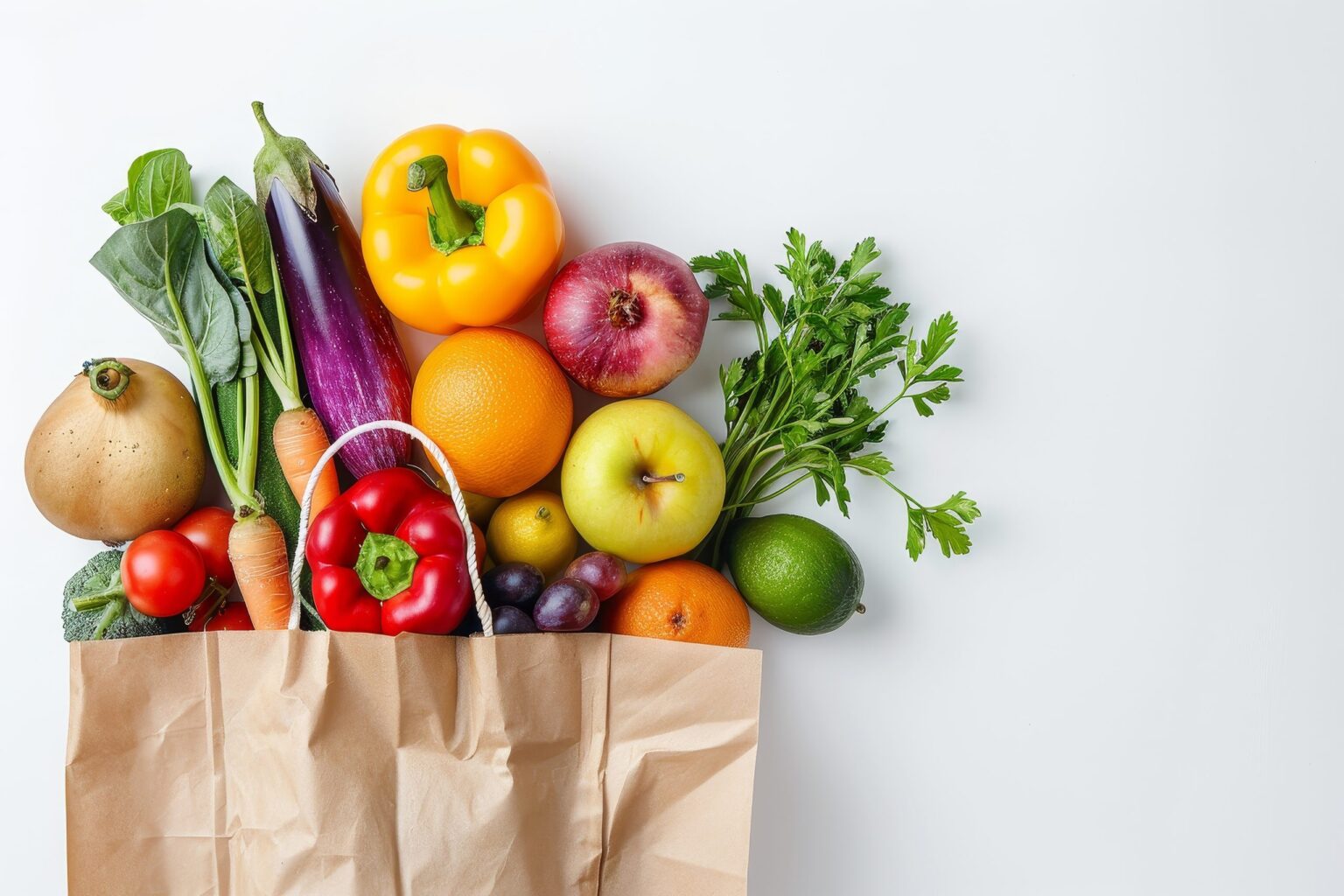University of South Florida research study reveals the surprising effect of a false sense of virtue


A study from the University of South Florida challenges the notion that free healthy food samples promote better eating habits. Published yesterday in the Journal of the Academy of Marketing Science, the research led by Professor Dipayan Biswas reveals that complimentary healthy food items may actually lead consumers to make less healthy food choices later.
The study, which involved a series of experiments including four field studies, found intriguing results. When participants received a free sample of a healthy food item that was noticeably different from other available options, they were more likely to subsequently purchase indulgent or unhealthy foods. Conversely, when the sampled healthy item was similar to other choices, consumers were more inclined to continue selecting healthy options.
Professor Biswas highlights a key insight from the research: “Our study examined whether receiving a free healthy food sample could have adverse effects on subsequent food choices. We discovered that such samples might give consumers a false sense of ‘virtue,’ which could lead them to indulge in less healthy foods later on.”
The findings suggest that while free healthy food samples might initially seem beneficial, they could inadvertently encourage unhealthy eating behaviours. Consumers are advised to consider how closely the sampled food resembles their intended purchases and be mindful of how this might influence their choices.
This research offers a fresh perspective on consumer behaviour and the impact of promotional strategies on food choices, underscoring the complexity of influencing healthy eating through free samples.

